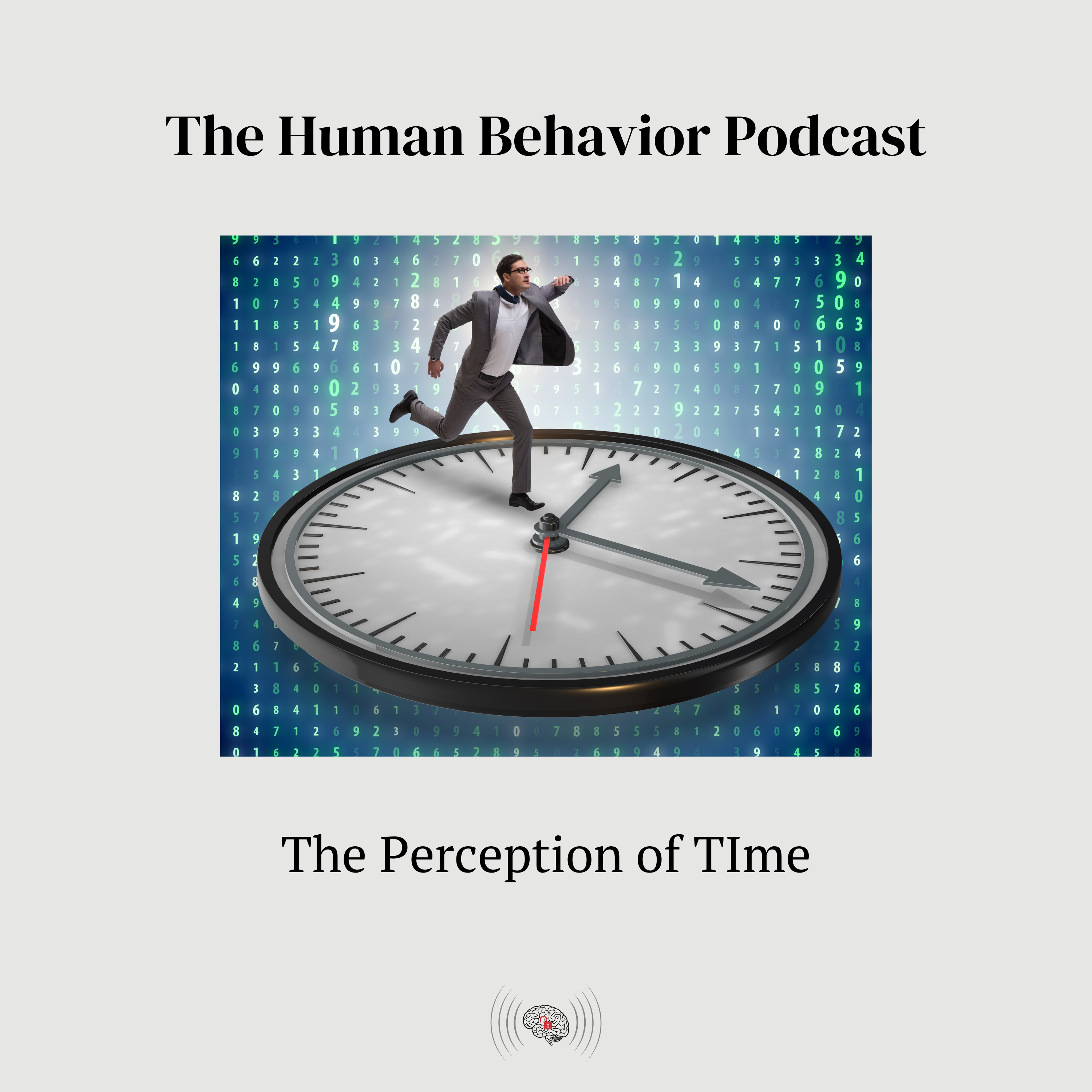Time is an elusive concept that governs every aspect of our lives, yet it remains largely misunderstood. In our latest podcast episode, we jump into the fascinating world of time perception and explore how altering our understanding of time can profoundly transform our lives. Drawing from the ancient wisdom of Greek philosophers and modern insights, we unravel the complex relationship between time, emotions, memory, and decision-making.
The ancient Greeks introduced us to the concepts of chronos and kairos. Chronos refers to the quantitative measure of time, the ticking of the clock, while kairos embodies the qualitative experience of time, the moments that linger or fly by depending on our perception. Understanding these two facets of time is crucial to navigating our lives more effectively. By becoming aware of how emotions, attention, memory, and aging influence our perception of time, we can consciously manipulate our experiences to enrich our lives.
In high-stress situations, our brain’s limbic system takes charge, altering our perception of time. Time appears to slow down as the brain focuses intensely on survival, prioritizing immediate threats and filtering out unnecessary information. This phenomenon highlights the brain’s remarkable capacity to adapt and underscores the importance of managing anxiety and attention. By recognizing the elastic nature of time, we can make more informed decisions in both daily life and emergency scenarios.
Cultural influences and personal experiences play a significant role in shaping our perception of time. Different cultural paces and practices impact how we utilize time, affecting our decision-making and actions. Understanding these influences allows us to adapt more effectively to diverse environments, leading to better outcomes in both routine and high-pressure situations. Our brains, with their inherent survival instincts, are wired to react quickly to danger, but with strategic thinking and training, we can learn to anticipate and manage time more effectively.
Novelty and routine are two powerful factors that shape our perception of time. While routine can lead to normalization, novelty keeps our minds engaged and curious. By cultivating curiosity and recognizing incongruities in our environment, we can better navigate life’s challenges and make more informed decisions. Our biological and cultural instincts may prompt instinctual reactions, but through training and cognitive strategies, we can enhance our ability to control time perception and respond more effectively to chaotic situations.
As we age, our perception of time evolves. The years seem to pass more quickly as we accumulate life experiences, but this also provides an opportunity to reintroduce challenges and maintain control over our time perception. Technological advancements like AI and VR offer new ways to manipulate time, allowing us to enhance our experiences and improve our lives. Despite resistance to embracing these technologies, their potential to enhance control over our lives remains significant.
Ultimately, mastering time perception is about understanding the balance between our biological wiring and conscious efforts to perceive the world differently. By leveraging the power of time, we can influence our experiences, decisions, and emotions, leading to a more fulfilling and enriched life. We invite you to listen to our latest episode and challenge your own perceptions of time. Engage with us as we continue exploring these concepts and encourage you to rethink your relationship with time.

Comments are closed